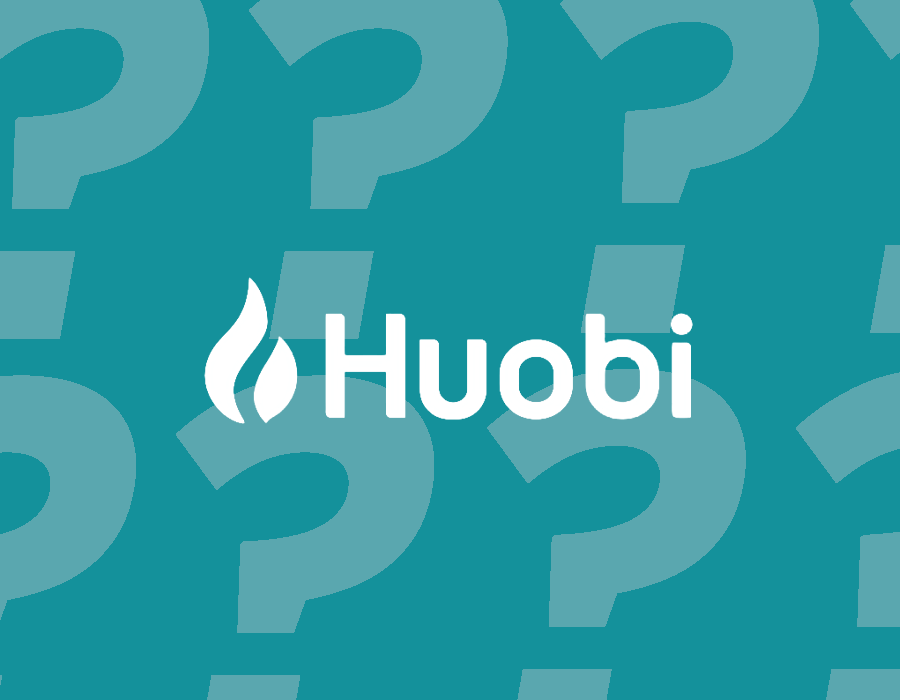Launched in 2013, Huobi is one of the pioneering cryptocurrency exchanges to exist. While also acting as a decentralised finance (DeFi) platform, it distinguishes itself by supporting an extensive range of over 400 digital assets, coupled with a competitive fee structure. Comparable in trade volume to industry heavyweights like OKEx and Bit-Z, Huobi initially catered to the Chinese market but has since broadened its horizons to over 130 countries.
Since its launch, the exchange has not only grown in geographical reach but also in influence. Huobi Global, the parent company, boasts a diverse and international presence with dedicated teams in Japan, South Korea, the United Kingdom, Australia, Canada, Brazil, and Hong Kong.
Huobi token and its ecosystem
A pivotal aspect of Huobi’s ecosystem is its native token, the Huobi Token ($HT), launched in January 2018. This token transcends the typical functionalities of a digital currency, playing a crucial role in the ecosystem. $HT is among the top 100 currencies by market capitalisation on CoinMarketCap and is a gateway to various benefits for its users.
Huobi has a unique buyback policy, where 20% of the tokens are repurchased and allocated to a user protection fund. This fund acts as a safeguard against potential security breaches, providing token holders with an added layer of insurance. The token also powers the Huobi Eco Chain, which is a hub for various DeFi applications. It facilitates decentralised lending and borrowing, thereby expanding financial opportunities for its users.
Foundation and expansion
The story of Huobi begins with Leon Li, a former Oracle computer engineer, who founded the platform in Beijing. It quickly rose to prominence as one of China’s top three cryptocurrency exchanges, offering easy access to Bitcoin liquidity. However, the tightening of cryptocurrency regulations in China in 2017 prompted Huobi to relocate its base to the Seychelles. It then established a new headquarters in Singapore, focusing on Asian markets.
Despite these regulatory challenges, Huobi’s global footprint expanded significantly, surpassing $1 trillion in trades by April 2018. The platform’s growth trajectory continued with the acquisition of Japanese crypto exchange Bittrade in September 2018 and the launch of a derivatives market from November 2018.
Operational mechanics
Huobi’s operational framework mirrors that of other leading cryptocurrency exchanges. It facilitates the buying, selling, and transferring of crypto, generating revenue through transaction and trading fees. The platform’s approach to cryptocurrency purchases is marked by transparency, and it also accommodates P2P trading, allowing users to engage directly with a vast pool of other users. This feature is bolstered by transparent rates and the visibility of feedback ratings and trade histories of participants.
In a move to streamline transactions, Huobi introduced the $HUSD stablecoin, pegged to the US dollar. However, it was delisted in 2022. The platform’s versatility is further highlighted by its support for over 90 deposit and withdrawal methods, including bank transfers and credit card payments. Huobi has set a minimum deposit threshold of $100, with a 1% fee for international wire transfers. For users who have completed their Know Your Customer (KYC) verification, the withdrawal limit is a substantial 200 $BTC, with a corresponding fee structure. The platform maintains competitive fees for cryptocurrency withdrawals, ensuring affordability and accessibility for its diverse user base.
Key features
Some of Huobi’s key features make it a standout platform in the cryptocurrency trading space. They are:
- Diverse Trading Options: Huobi offers a variety of trading methods, catering to different investor needs. This includes spot trading on a decentralised exchange, staking crypto, and leveraged trading on crypto futures. Such diversity ensures that both novice and experienced traders find suitable options for their trading strategies.
- Crypto Onramp and P2P System: Huobi acts as a crypto onramp, facilitating fiat-to-crypto transactions through a P2P system. This feature allows users to directly connect with cryptocurrency sellers, making the process of buying crypto with fiat currencies straightforward and efficient.
- Huobi Earn for Staking and Yield Farming: Through Huobi Earn, users can engage in staking and yield farming, with potential returns of up to 50% APY. This feature allows users to invest in cryptocurrency to provide liquidity to Huobi’s markets, earning returns from maker fees. It’s an attractive option for users looking to generate passive income from their crypto holdings.
- Derivative Trading: Huobi stands out for its derivative trading options, offering both futures and options. Futures contracts on Huobi include both standard and perpetual futures, while options trading provides a way for traders to speculate on price movements without the obligation to complete the transaction at expiration.
- Copy Trading: For those new to trading or looking to leverage the expertise of seasoned traders, Huobi offers a copy trading feature. This service allows users to mirror the trades of top performers on the platform, providing a more passive approach to trading and an opportunity to learn from experienced traders.
- Competitive Fee Structure: Huobi’s fee structure is competitive within the DeFi industry. Both makers and takers are charged a fee of 0.2%, which is favourable compared to many other exchanges. This competitive pricing makes Huobi an attractive option for traders looking to minimise costs.
- User-Friendly Trading Platforms: Huobi’s proprietary software, Huobi Pro, is designed to be user-friendly and efficient. It offers access to detailed charts and historical data, making it a robust platform for serious trading. The platform includes features like depth of market charts, order book information, and support for trading bots like 3Commas.
- Mobile App: Recognising the need for on-the-go trading, Huobi provides a dedicated mobile app for both iOS and Android devices. The app mirrors the functionality of the desktop version, offering access to OTC trading, derivative contracts, copy trading, and staking, all from the convenience of a mobile device.
- Leveraged Trading: Huobi supports leveraged trading for derivatives, with a maximum limit of 1:200. This feature allows traders to open trades with significant exposure, amplifying potential returns. However, it’s important to note that leveraged trading also comes with increased risk.
- Security Measures: Security is a paramount concern in cryptocurrency trading, and Huobi addresses this with robust measures like two-factor authentication (2FA) through the Google Authenticator app or SMS one-time passcodes. These features add an extra layer of security to user accounts and funds.
Challenges and controversies
Huobi’s ascent to prominence has not been without its share of challenges and controversies. In 2019, the platform was embroiled in a controversy when Bitwise Asset Management accused it of wash trading. Although Huobi denied these allegations, it took steps to introduce measures against such practices.
Regulatory challenges have also been a recurring theme in Huobi’s journey. The closure of Huobi Global’s US arm in late 2019 and the addition of Singapore to its list of restricted jurisdictions in 2021 are testaments to the regulatory hurdles the platform has faced. Moreover, the tightening of cryptocurrency regulations in China significantly impacted Huobi, leading to the closure of Chinese customer accounts in 2021. Despite these setbacks, Huobi’s acquisition by About Capital in October 2022 marked a new chapter, enabling it to continue its operations as a leading crypto-asset ecosystem.








